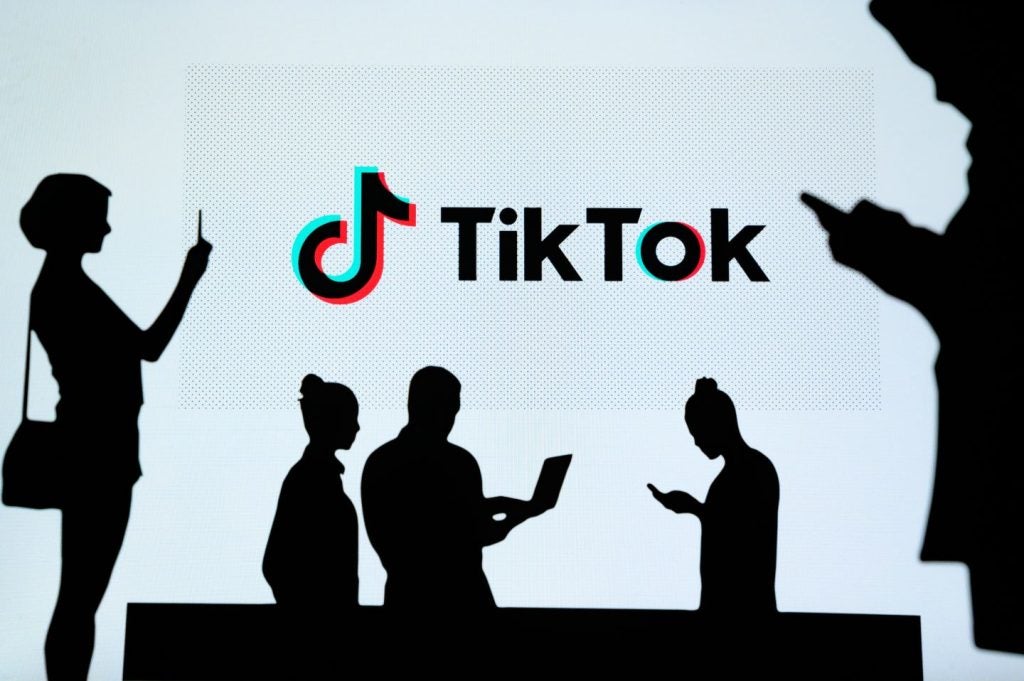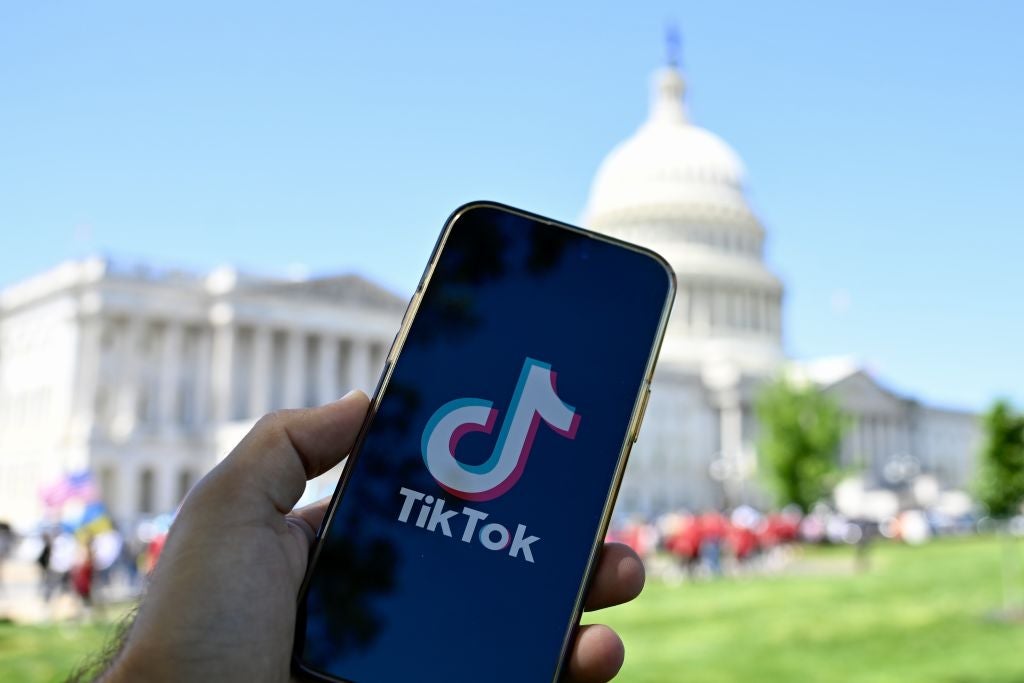
Social media giant TikTok may now, at its own discretion, “collect biometric identifiers and biometric information” in the US, according to its new data privacy policy.
This makes it one of the first US-based social media companies to say outright that it could at any time actively collect what it describes as “faceprints” and “voiceprints”. That being said, the ByteDance-owned business won’t define precisely what biometric data it could collect, what kind of products it is developing that would need the information and what laws it would follow to do so.
TikTok updated its US data privacy policy on Wednesday. Under the heading Image and Audio Information, TikTok wrote:
“We may collect biometric identifiers and biometric information as defined under US laws, such as faceprints and voiceprints, from your User Content. Where required by law, we will seek any required permissions from you prior to any such collection.”
The section also noted that TikTok might also collect other data “such as identifying the objects and scenery that appear, the existence and location within an image of face and body features and attributes, the nature of the audio, and the text of the words spoken in your User Content.”
The ByteDance-owned business also said that it will collect “this information to enable special video effects, for content moderation, for demographic classification, for content and ad recommendations, and for other non-personally-identifying operations.”
How well do you really know your competitors?
Access the most comprehensive Company Profiles on the market, powered by GlobalData. Save hours of research. Gain competitive edge.

Thank you!
Your download email will arrive shortly
Not ready to buy yet? Download a free sample
We are confident about the unique quality of our Company Profiles. However, we want you to make the most beneficial decision for your business, so we offer a free sample that you can download by submitting the below form
By GlobalDataTikTok failed to answer when asked point blank by TechCrunch what new features could require the collection of more biometric data.
The Chinese company also didn’t answer questions about what US laws TikTok’s policy would comply with: federal laws or biometric privacy laws in states like Illinois, Washington, California, Texas and New York.
As noted by TechCrunch, this is an important distinction as it could mean that TikTok wouldn’t seek permission to collect this data in states without these laws.
“As part of our ongoing commitment to transparency, we recently updated our Privacy Policy to provide more clarity on the information we may collect,” a TikTok spokesperson told TechCrunch.
Creepy as this may sound, collecting data about users is hardly unheard of among Big Tech firms. Most of them have built their entire business models on tracking users’ journeys across the web. That includes what they buy, the sites they visit, who they chat with and so on.
This includes solutions that collect data on what appears in video or in pictures. These features can boost accessibility by describing what’s in a video or a picture, and also help with advertising and to mount augmented reality features on the pictures. Several platforms already use voice-recognition software to create automatic captions on videos.
The updated privacy policy comes just months after TikTok signed a $92m settlement in February. The case had originally been filed in May 2020, with the plaintiffs accusing TikTok of violating Illinois’ Biometric Information Privacy Act by collecting and sharing the personal and biometric information of its users without first obtaining the proper consent.
The policy update could potentially be a way for TikTok’s lawyers to protect themselves against further litigation.
What makes this case stand out is just how open TikTok is about it, compared to other social platforms.
Facebook updated its privacy settings in September 2019 to enable users to opt out of having their faces automatically recognised and tagged in photos. At the time, the Zuck’s social network was facing a class action lawsuit pertaining to just this feature.
The case closed in February this year when a federal judge approved a $650m settlement against Facebook for allegedly using photo face-tagging and other biometric data without the permission of its users. The suit in question dated back to 2015.
In August 2020 a woman filed a lawsuit in the state court in Redwood City, California against Facebook-owned Instagram. She alleged that Instagram had illegally collected, stored and profited from the biometric data of more than 100 million users without their knowledge or consent. Facebook referred to the suit as “baseless”.
Instagram’s privacy policy says that it does not use facial recognition software.
“If we introduce face-recognition technology to your Instagram experience, we will let you know first, and you will have control over whether we use this technology for you,” the policy says.
Looking at Google, which owns YouTube, its data privacy policy states that it may collect voice and audio information when using its audio services, with the user’s consent. It doesn’t make any reference to face, facial recognition or biometrics.
While Snapchat’s data privacy policy makes it clear that it is using a person’s camera and photos, its doesn’t mention facial or voice recognition.
As facial and audio recognition technology continues to develop and find more uses, it’s clear that nobody really knows what the rules are going to be – which probably accounts for the wide variation in the stances taken by the companies who have the most user-generated data of these types.





